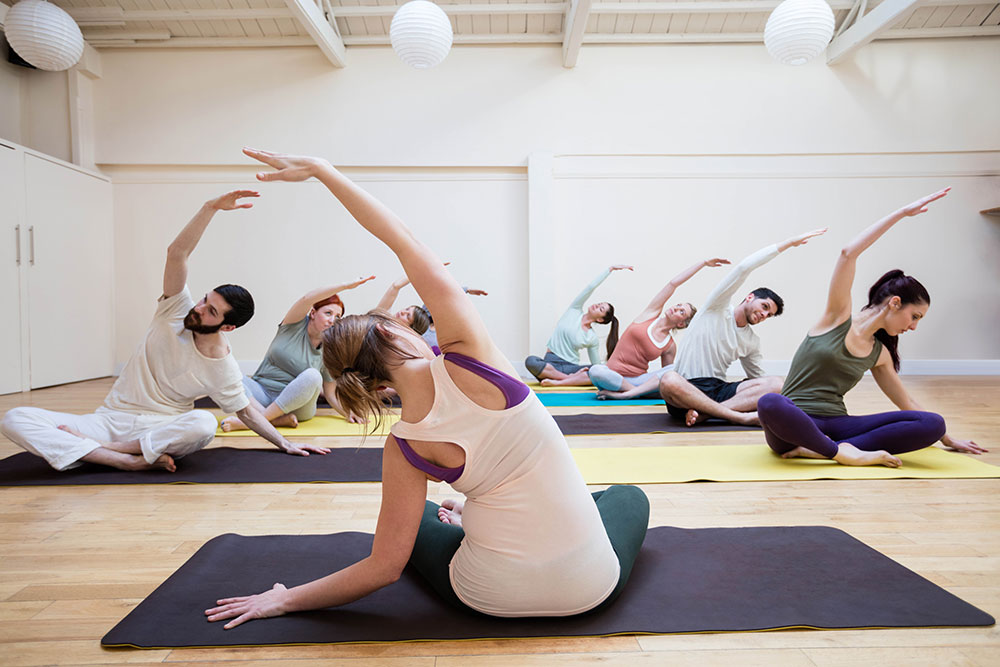
Heart attack during sleep
Cardiovascular ailments are among the leading lifestyle diseases in the world spurred by lack of exercise, elevated stress levels, alcohol abuse, sleep deprivation, among other factors. An estimated 3 million cases of heart attacks alone are reported annually in the United States. A heart attack is fairly common to occur while a person is asleep. One of the underlying reasons behind it is a poor sleep pattern.
"One of the primary causes of a heart attack during sleep is nightmares or a disturbed sleep. In many of my case studies, I found that a lot of people have an increased heartbeat while they sleep and some even sweat. Some experience emotional imbalances while they sleep or have nightmares. All these have an adverse effect on the heart and may compromise its health in the long run if not checked in time," says Yogi Anoop.
Elevated levels of stress often give rise to irregular heartbeats. Some may even experience irregular heartbeats when they wake up in the morning. Disturbing dreams or thoughts ofter wander in the mind, preventing the brain from drifting to a state of deep sleep. This can increase the chances of a person to suffer from a heart attack while sleeping. The chances further increase if a person suffers from any pre-existing conditions like diabetes or kidney ailments.
Sudden, stressful dreams increase the heart's pumping action and its rate, causing the arteries to constrict (narrow). This restricts the blood flow to the heart.
"Acute stress has long been associated with a higher risk for serious heart problems like heart rhythm abnormalities, heart attacks and can even cause death in people with existing heart diseases," Yogi Anoop adds.
Improper sleep and stressful dreams can also hinder the elimination of fat molecules from the body, temporarily raising blood cholesterol levels.
Yogic therapy
Under Yogi Anoop's guidance, learn how simple breathing techniques and exercises can help in calming the mind, alleviating stress and keeping heart ailments at bay.
Anulom Vilom (alternate nostril breathing), Ujjai breathing are excellent for stress reduction. Yoga postures like the Cobra pose, the shoulder stand, Gomukhasana, among others, are great for heart health and can help reduce stress and alleviate cardiovascular issues. Chaitanya meditation can help normalize emotional imbalances.
Copyright - by Yogi Anoop Academy
